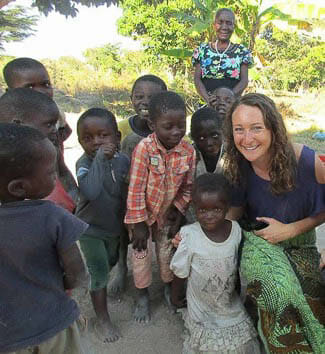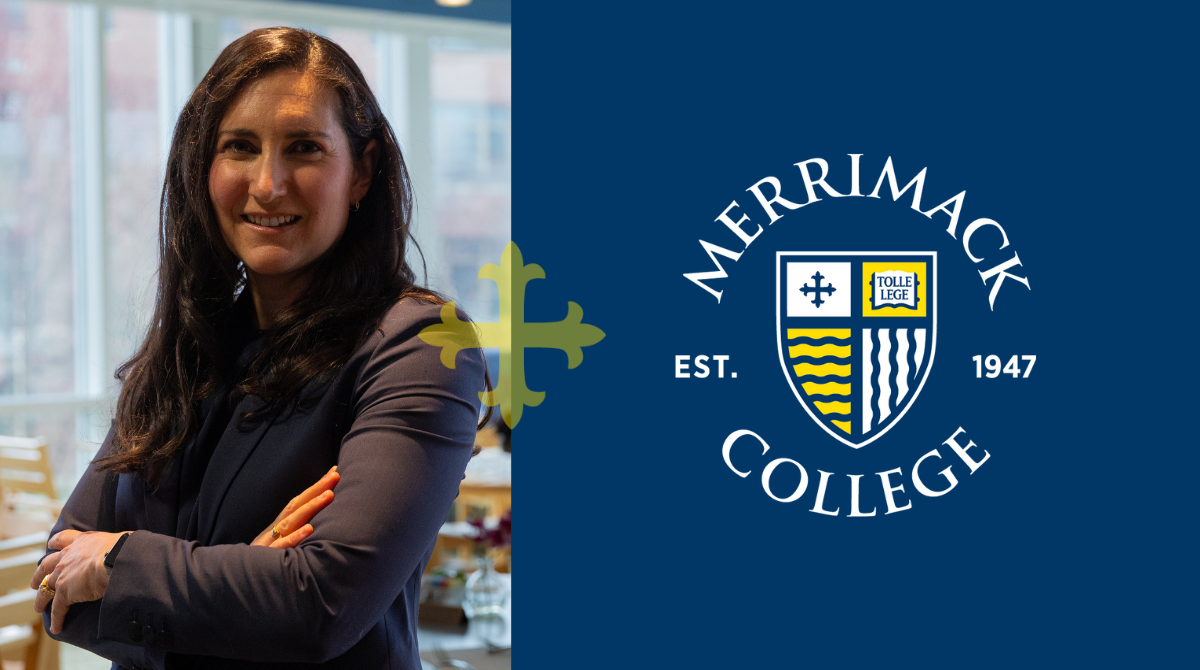While she was still a senior at Merrimack, Coleman earned an Honors Program scholarship to travel to Haiti with a nonprofit organization to implement and distribute information for her capstone project, designing a resource- and culture-appropriate rehabilitative exercise manual. The trip changed the trajectory of her career.
“It was my first time in a developing country and it shook me,” Coleman recently said.
The stretching exercises she offered as treatments to injured Haitians she worked on felt like Band-Aids for people who suffered far more greatly from underlying issues of malnutrition. When Coleman returned to campus she spoke with her athletic training instructor Kevin Melanson about her concerns and he recommended she consider opportunities with the Peace Corps where she could fight hunger issues.
The Peace Corps requires volunteers have experience in applicable skills that can help people in the communities in which they work so Coleman started on a worldwide training program to gain the needed skills. Working through a group called Willing Workers on Organic Farms (WWOOF), she worked-for-stay on 14 farms over nine months. She bounced around to small farms in Hawaii, Australia, New Zealand and a few places in Europe learning different agricultural techniques for dairies, and crops such as blueberries, and even oysters.
Coleman returned home to Windsor, Conn. in the summer of 2015 and joined the Peace Corps, which assigned her to Zambia, Africa the following February. After spending three months in Zambia learning the language Bemba, she spent another two years teaching farmers advanced agricultural techniques to improve crop yields, enhance the nutritional quality of crops, and mitigate the effects of climate change in the region.
“I worked with my community on various projects which changed, based on the seasons and community priorities, throughout the year,” Coleman said.
She once aspired to be a physical therapist, but now her ideal job will be in applied research or working with an action organization that combats malnutrition in developing countries.
“Food and nutrition are the foundation to life and at the nexus of so many things,” Coleman said. “Nutrition is even related to economics, especially in the developing world, as it can dictate one’s capacity to work.





